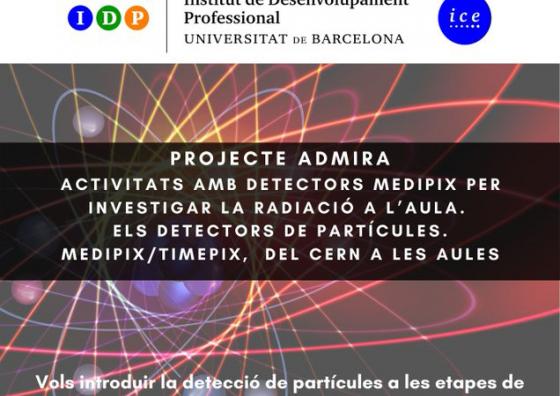
Particle Physics, Atomic-Nuclear, Gravitation, Cosmology

Particle Physics, Atomic-Nuclear, Gravitation, Cosmology

Particle Physics, Atomic-Nuclear, Gravitation, Cosmology

Particle Physics, Atomic-Nuclear, Gravitation, Cosmology
Outreach Activity on
